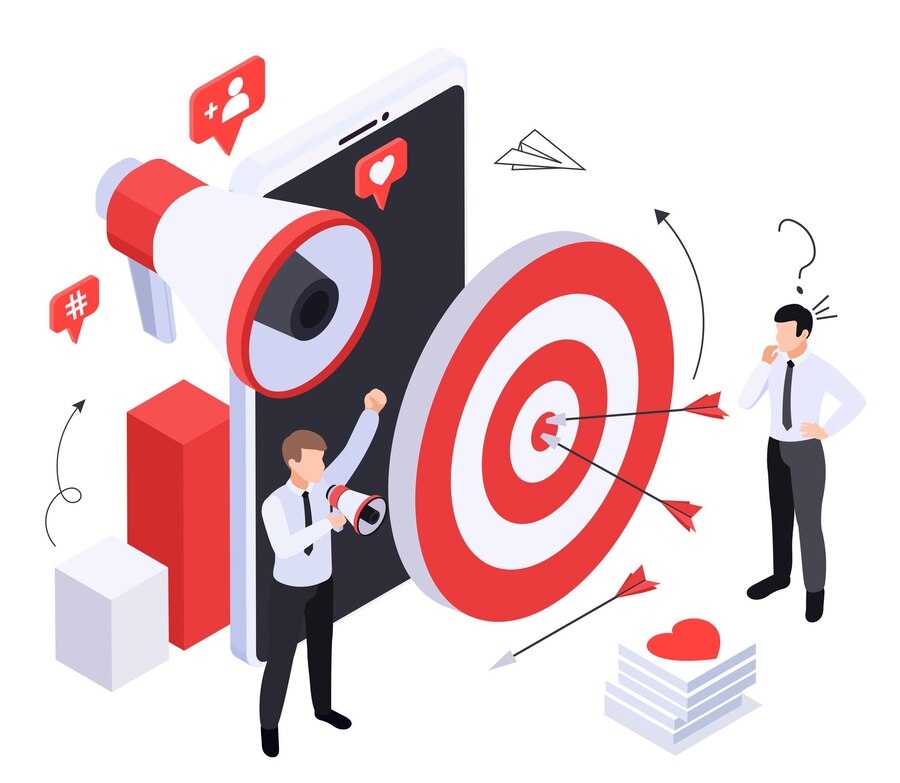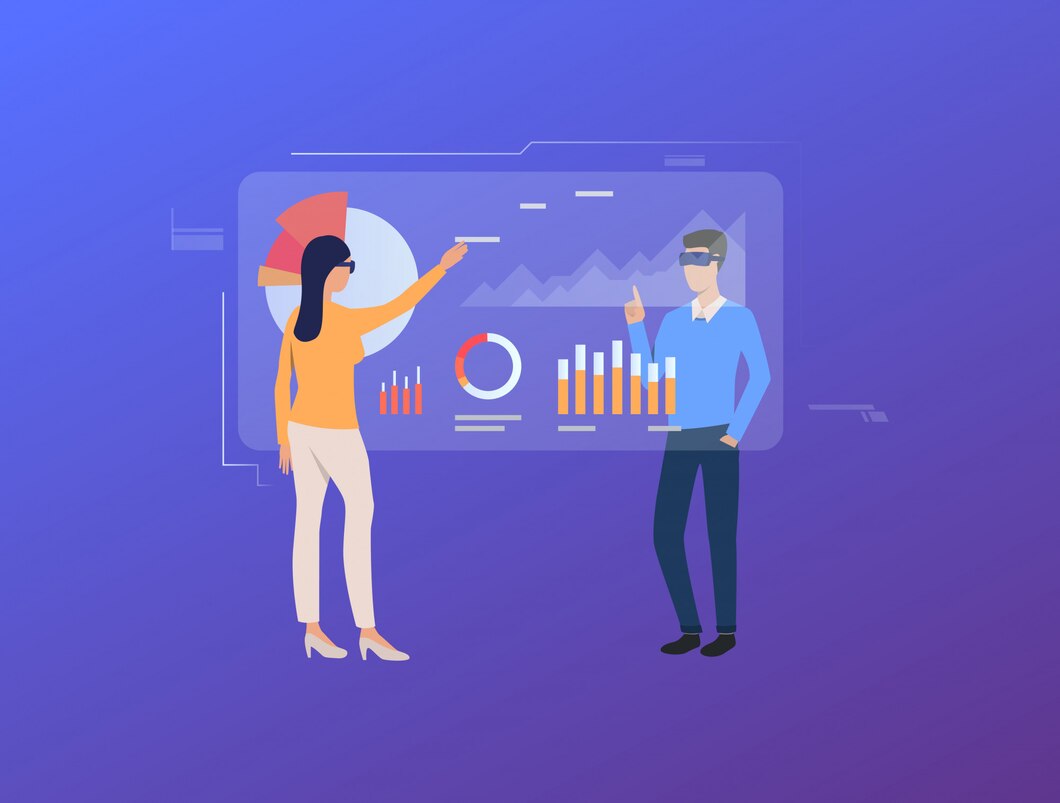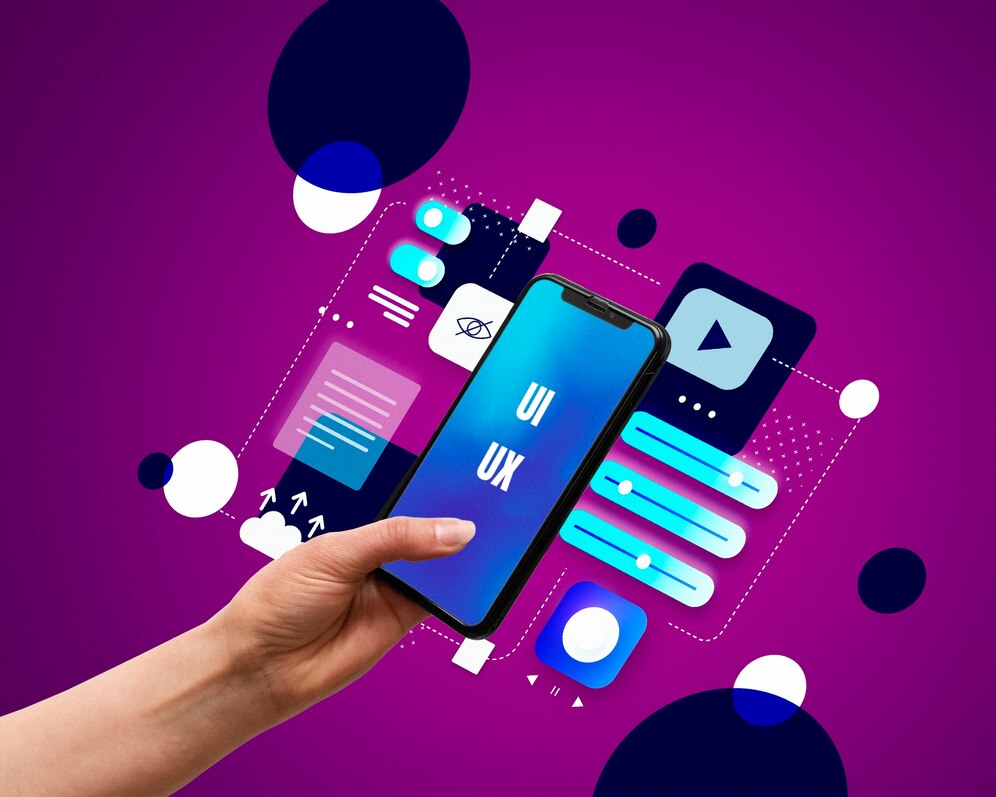digital marketing and the scope of digital marketing; As the marketing industry becomes increasingly complex, the scope of digital marketing has undergone significant changes. Traditional methods are gradually making way for more dynamic and targeted approaches, and at the forefront of this evolution lies digital marketing. With its ever-expanding scope, digital marketing presents a multitude of opportunities for businesses to reach and engage their target audience effectively. Let’s delve into the vast landscape scope of digital marketing, exploring its opportunities and the emerging trends shaping its future
Diverse Channels:

Digital marketing encompasses a wide array of channels, including social media, search engines, email, content marketing, and more. Businesses can leverage these channels to establish a robust online presence and connect with their audience across various touchpoints.
Social Media Marketing (SMM): Social media platforms like Facebook, Instagram, Twitter, LinkedIn, and Pinterest have become indispensable tools for digital marketers. These platforms offer unparalleled opportunities for businesses to connect with their audience in real time, share engaging content, and build brand loyalty. From organic posts to paid advertising, social media marketing allows for highly targeted campaigns tailored to specific demographics, interests, and behaviors.
Search Engine Optimization (SEO): the role of SEO is pivotal in digital marketing by ensuring that a brand’s website ranks prominently in search engine results pages (SERPs). By optimizing website content, meta tags, and backlinks, businesses can improve their visibility online and attract organic traffic. A strong SEO strategy enhances brand credibility, drives website traffic, and ultimately leads to higher conversion rates.
Targeted Advertising:

Unlike traditional marketing, the scope of digital marketing on digital platforms allows for precise targeting based on demographics, interests, behavior, and other parameters. Using this targeted approach, marketing efforts are directed at individuals most likely to be interested in the products or services offered, maximizing ROI.
- Enhanced Relevance: By targeting specific demographics, interests, and behaviors, businesses can ensure that their ads resonate with the intended audience. This relevance increases the likelihood of engagement and conversion, ultimately driving better ROI.
- Cost Efficiency: Targeted advertising minimizes waste by focusing resources on reaching individuals who are genuinely interested in the product or service being promoted. This efficiency leads to more cost-effective campaigns compared to broad-reaching, untargeted approaches.
- Data Analysis: The foundation of targeted advertising lies in data analysis. Businesses gather insights from various sources, including website analytics, social media metrics, and customer databases, to understand their audience’s characteristics and behavior patterns.
Data-Driven Insights:

One of the significant advantages and scope of digital marketing is the abundance of data it provides. Through analytics tools and platforms, businesses can gather valuable insights into consumer behavior, preferences, and trends. This data-driven approach enables marketers to refine their strategies, optimize campaigns, and personalize content for better engagement.
Understanding Audience Segmentation: Data analytics enable marketers to segment their audience into distinct groups based on various criteria such as demographics, psychographics, and past interactions. By understanding the unique characteristics and preferences of each segment, businesses can tailor their marketing efforts to resonate with specific audience segments, thereby enhancing relevance and engagement.
Personalization at Scale: Personalization has become a central tenet of effective digital marketing strategies, and data-driven insights play a pivotal role in achieving this. By analyzing user behavior and preferences, marketers can deliver highly personalized content, recommendations, and offers tailored to individual users’ interests and needs. This personalized approach not only fosters stronger connections with customers but also drives higher conversion rates and customer satisfaction.
Predictive Analytics: Predictive analytics leverages historical data and machine learning algorithms to forecast future trends and outcomes. By analyzing past performance metrics, consumer behavior patterns, and market trends, marketers can make data-driven predictions about which strategies are likely to yield the best results in the future. This proactive approach enables businesses to anticipate changes in the market landscape, optimize their marketing investments, and stay ahead of the competition.
Performance Optimization: Data analytics provides real-time insights into the performance of digital marketing campaigns, allowing marketers to track key metrics such as website traffic, conversion rates, click-through rates, and more. By continuously monitoring and analyzing these metrics, businesses can identify areas of improvement, optimize campaign elements, and allocate resources more effectively. Whether it’s refining ad targeting parameters, adjusting messaging strategies, or optimizing landing page designs, data-driven optimization enhances the overall efficacy of digital marketing initiatives.
Mobile Optimization:

With the proliferation of smartphones and mobile devices, optimizing digital marketing efforts for mobile platforms has become imperative. Mobile-friendly websites, responsive design, and mobile apps play a crucial role in ensuring a seamless user experience and reaching customers on the go.
Responsive Design: A responsive website design ensures that your site adapts seamlessly to various screen sizes and resolutions, providing users with a consistent and user-friendly experience across devices. Whether they’re accessing your website from a smartphone, tablet, or desktop computer, they should be able to navigate effortlessly and access content without any glitches.
Mobile-Friendly Content: Mobile users have different preferences and behaviors compared to desktop users. They’re often looking for quick answers, easy navigation, and content that’s optimized for on-the-go consumption. Tailoring your content to suit mobile users’ needs—such as concise messaging, clear CTAs, and easy-to-read formatting—can significantly enhance engagement and conversion rates.
Mobile App Development: In addition to optimizing websites for mobile, businesses can also benefit from developing mobile apps to complement their digital marketing efforts. Mobile apps offer a more immersive and personalized experience, allowing brands to deliver tailored content, send push notifications, and facilitate seamless transactions. By providing added value to users through a dedicated mobile app, businesses can foster stronger brand loyalty and drive repeat engagement.
Location-Based Marketing: Mobile devices enable location-based marketing strategies that allow businesses to target users based on their geographic location. Through techniques such as geotargeting and geofencing, marketers can deliver highly relevant and timely messages to users when they are in close proximity to a physical store or location. This localized approach can drive foot traffic, boost conversions, and enhance the overall customer experience.
scope of digital marketing and emerging technologies:

scope of digital marketing is constantly evolving, driven by advancements in technology. Innovations such as artificial intelligence, machine learning, augmented reality, and voice search are reshaping the way brands interact with their audience. Embracing these technologies can give businesses a competitive edge and open up new avenues for engagement.
Artificial Intelligence (AI) and Machine Learning: AI-powered algorithms and machine learning models are empowering the scope of digital marketing for marketers to analyze vast amounts of data with unprecedented speed and accuracy. From predicting consumer behavior to personalizing marketing messages in real time, AI is revolutionizing how businesses approach customer interactions.
Augmented Reality (AR) and Virtual Reality (VR): AR and VR technologies offer immersive experiences that enable brands to create interactive and engaging marketing campaigns. Whether it’s allowing customers to visualize products in their own space through AR applications or transporting them to virtual worlds through VR experiences, these technologies have the potential to captivate audiences in entirely new ways.
Voice Search Optimization: With the rising popularity of voice-enabled devices like smart speakers and virtual assistants, voice search optimization has become a crucial aspect of digital marketing. Marketers need to optimize their content and SEO strategies to align with natural language queries, ensuring that their brand remains discoverable in voice search results.
Chatbots and Conversational Marketing: Chatbots powered by AI are transforming customer service and support by providing instant responses to inquiries and guiding users through the sales process. Through conversational marketing, brands can engage with customers in real-time conversations, offering personalized recommendations and assistance at every stage of the buyer’s journey.
Conclusion:
As we navigate the ever-changing landscape of digital marketing scope of digital marketing, it’s evident that the opportunities are boundless. From leveraging diverse channels to harnessing the power of data and emerging technologies, businesses have a myriad of tools at their disposal to connect with their audience in meaningful ways. By staying abreast of the latest trends and continuously evolving their strategies, organizations can unlock the full potential of digital marketing and drive sustainable growth in the digital age.




